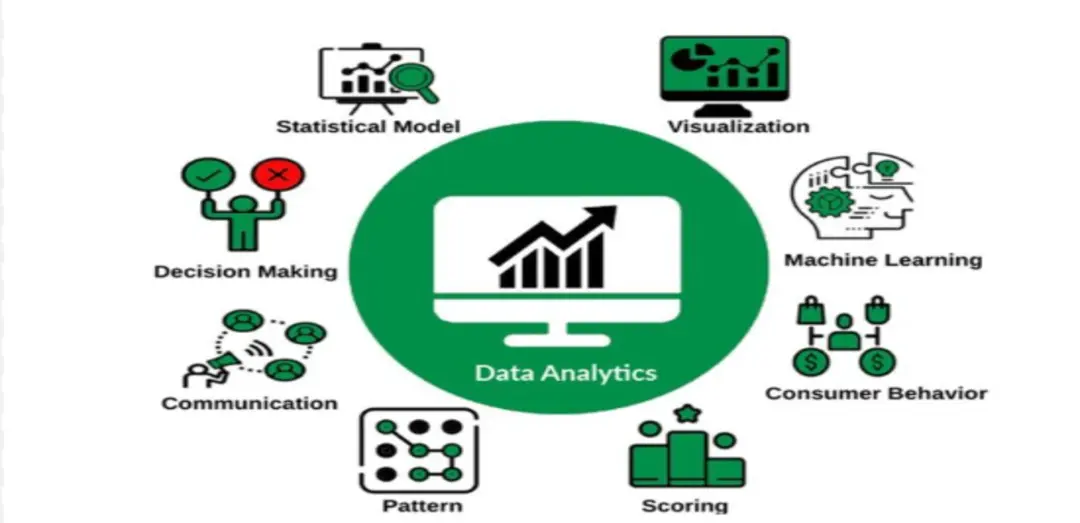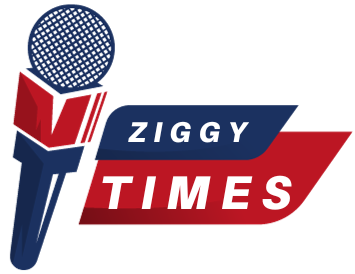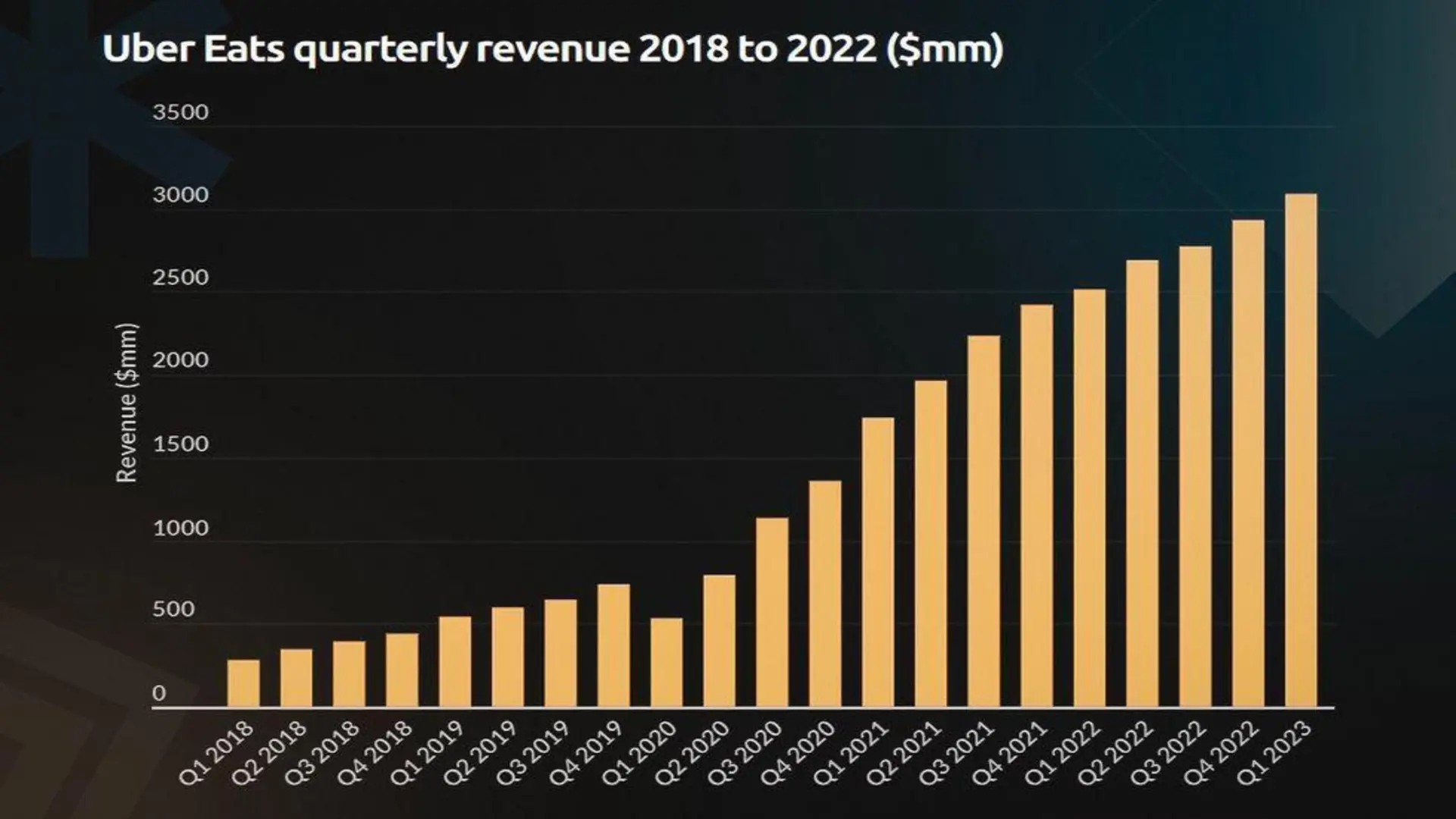Big data analytics enables hotels to transform raw data into meaningful intelligence that addresses operational inefficiencies and strengthen customer loyalty, as well as optimize revenue management by analyzing market trends, competitor rates and demand patterns.
Hoteliers can identify high-value customers through booking history or participation in loyalty programs, then use customized offers and services to foster lasting customer relationships.
Targeted Marketing
Hospitality industries rely heavily on big data analytics to gain insights into guest preferences, operational inefficiencies and market trends. From internal CRM systems, online booking agencies or social media platforms – hoteliers can utilize big data analysis tools to transform raw information into actionable intelligence that enhances strategic planning processes while offering tailored experiences to their guests.
Hotels may use big data to learn what room temperature and type of pillows their guests prefer and then apply that information when the guest checks in – something which plays a key part in creating customer loyalty.
Hotels can also make better marketing decisions using big data analytics. They can target their advertising dollars more effectively by analyzing the data from past campaigns.
Hotels can optimize their revenue potential by combining data from internal reservation systems and customer databases with information from external travel booking sites and online travel agencies.
The hotel industry can benefit from big data by gaining a better understanding of their competitors. Hotels can analyze data from social media, online reviews and travel booking engines to better understand their competitors’ services.
Hotels want to provide an unforgettable customer and business partner experience for both themselves and their guests, which requires having the appropriate network infrastructure in place. By selecting from among various connectivity portfolios that include both wired and wireless solutions, hotels can establish an unified, reliable network which supports critical business systems.
Visit Other Locations :
. Discover premium outdoor gear at High Camp Supply. Shop durable equipment and apparel for your next adventure.
. Discover convenience and quality with Amazon Fresh. Explore fresh groceries, quick delivery, and more.
Predictive Models
Big data analytics can give hospitality businesses a competitive advantage by optimizing revenue management strategies, operational efficiencies, marketing campaigns and customer experiences. Furthermore, it can predict potential churn and provide personalized services while offering customized offerings – giving their guests a memorable experience that exceeds customer expectations.
Through an analysis of customer behavior, satisfaction scores, online interactions and demographic information, predictive models can identify factors most likely to lead to guests leaving or reduce engagement with a business. With this knowledge in hand, businesses can implement targeted retention strategies like loyalty program benefits or personalized offers in order to prevent churn and build customer loyalty.
Data analytics can also be used to enhance a hotel’s revenue management strategy by identifying seasonal fluctuations and other external influences that affect demand, anticipating customer behavior and making recommendations on pricing, inventory and capacity planning that maximize revenue maximization. It may even help optimize customer service by recognizing high-value customers and rewarding them with special perks.
Predictive models can also assist hotels in understanding customer perceptions and expectations by analyzing social media, review, and search data. With this insight in hand, they can develop products and services which offer more relevance for customer retention.
Hotels can use big data analytics not only to gain insight into their customer base, but also into that of competitors’ operations and performance. This enables them to stay ahead of competition by tailoring marketing campaigns that resonate with target audiences – increasing return on investment of marketing spend.

Personalized Experiences
According to research, 65% of hotel guests expect hotels to remember and tailor their stay according to individual preferences and create an unforgettable experience for each guest. Personalization creates a strong bond with visitors while making them feel valued – an effective way to foster customer loyalty and foster relationship building.
Personalization is an effective strategy for increasing customer retention, as repeat guests spend more and are more likely to recommend and review a hotel.
Leveraging Big Data analytics tools such as Spatial Analytics for pinpointing ideal locations and text analytics for unearthing insights hidden in unstructured texts as well as predictive analytics tools can enable hotels to better tailor their offerings and experiences in order to gain a competitive advantage over rival hotels.
Effectively delivering a tailored experience requires collecting as much guest data as possible while adhering to privacy regulations. This can be accomplished via surveys, social media connections and voice-activated digital assistants; once combined with an appropriate CRM system this data can then be utilized to craft hyper-personalized marketing campaigns.
One example is when hotels send special holiday packages to customers who booked within certain timeframes, providing an ideal opportunity to regain lost customers and increase revenue.
Data can also help hotels utilize personalized pricing. By assessing past guest behavior and current demand, hotels can set prices that reflect individual needs and desires – for instance, offering an extended balcony may be appealing to families traveling with children but less so to solo business travelers. This approach can also be used to offer discounts to guests likely to book during specific periods – which helps increase conversion rates significantly.
More information:-
. Explore the Earth’s surface with expert guides. Discover fascinating landscapes and hidden wonders.
. Discover “The Colorado History” through key events, figures, and culture.
Operational Efficiency
Hotel companies utilizing big data analytics can leverage it to streamline operational aspects such as staffing and inventory management more efficiently and boost profitability. By tracking how many rooms are booked at specific times, hotels can determine how many staff they require during peak demand times – saving on labor expenses while guaranteeing guests receive top-tier service.
Data analytics can also assist hotels in increasing revenue by helping to optimize their pricing strategies, such as by analyzing historical booking patterns, market trends and competitor rates to ensure that they charge the correct amount at the right time without losing potential revenue opportunities.
Big data analytics can also assist hotels in creating an exceptional guest experience through tailored accommodations. Knowing, for example, that one guest prefers staying far from an elevator or on the highest floor could enable the hotel to book the desired room during check-in; such personalized attention could turn repeat guests into brand evangelists.
Hospitality industry data analytics offers hoteliers a rich opportunity to leverage big data. From guests’ check-in and wake-up call requests to customer engagement statistics, guests leave behind plenty of data that can be mined to deliver exceptional customer experiences.
In order to make the most of this opportunity, hoteliers must invest in training programs and upskilling initiatives designed to create data-savvy staff; in addition to investing in scalable infrastructure and platforms capable of handling large volumes of data.
Competitive Intelligence
Hoteliers can utilize competitive intelligence to keep an eye on the behavior of competitors, identify opportunities for cost reductions and enhance marketing strategies.
Furthermore, hoteliers can utilize data to better understand guest needs and preferences so they can offer tailored experiences – which increases customer satisfaction while simultaneously strengthening brand loyalty.
Big data analytics gives hoteliers the power to quickly adapt and respond to market trends, which is crucial in an increasingly competitive industry like hospitality.
If a chain notices their customers are making travel decisions through price comparison services such as Kayak or Priceline, using big data analytics they could create a group pricing optimizer that adjusts prices based on each individual customer segment’s needs and wants – this way they could offer competitive prices while still satisfying existing clientele and drawing new ones in.
Data analytics can also assist hotels in uncovering opportunities for new revenue streams and building customer loyalty programs that benefit their guests. For instance, if a hotel knows that one of their guests has previously stayed at another property they own, they could offer discounted rates as a means of fostering customer relations and potentially driving increased sales.
To maximize its benefits and realize maximum value from big data, hotels should partner with a network service provider offering fast, stable, flexible connections – such as Lighthouse! To find out how Lighthouse representatives can assist hoteliers leverage big data analytics to take their business to new heights today!





